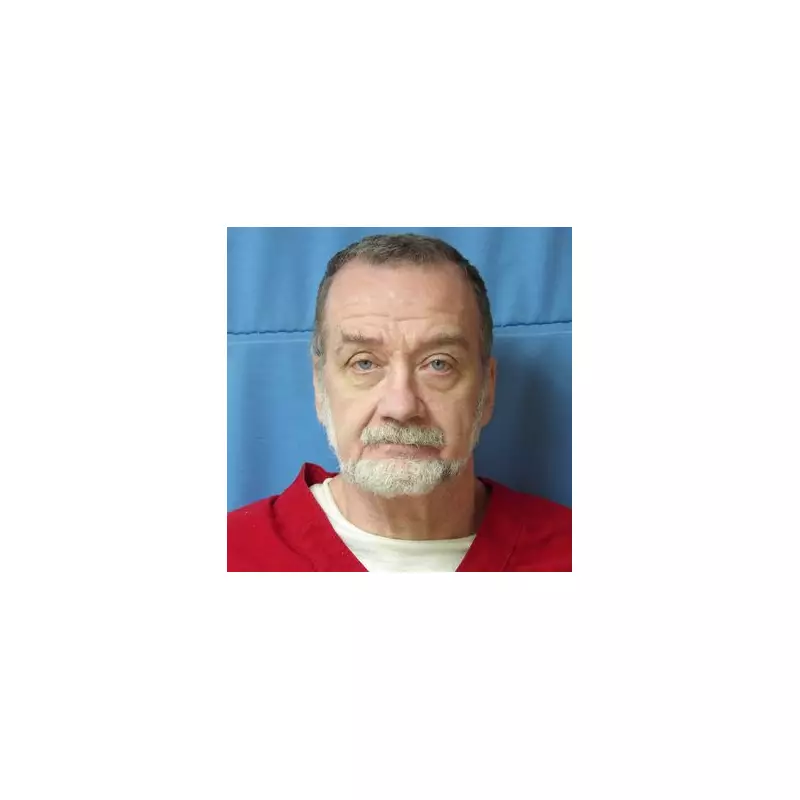
In a stunning victory for justice, Glynn Simmons has emerged from prison as America's longest-serving exoneree after spending 32 years behind bars for a crime he never committed. The 70-year-old's emotional release marks the end of a devastating ordeal that began in the 1970s.
A Life Stolen
Simmons was just 22 years old when his world came crashing down. Convicted for a murder that occurred during a liquor store robbery in Oklahoma, he maintained his innocence from day one. 'I knew I was innocent, and I never stopped fighting,' Simmons revealed in his first interview after gaining freedom.
The case against him began to unravel when evidence emerged showing prosecutors had withheld crucial information that could have cleared him during his original trial. Key witnesses had identified other suspects, and no physical evidence ever connected Simmons to the crime.
The Long Road to Justice
Simmons' journey to freedom was paved with countless legal battles and heartbreaking setbacks:
- Multiple appeals rejected over three decades
- Years spent researching his own case from prison
- Support from innocence projects and dedicated attorneys
- New evidence finally coming to light in recent years
'The system failed Glynn Simmons in the most profound way,' declared his attorney, Joe Norwood. 'His case exposes critical flaws that still exist in our criminal justice system today.'
Rebuilding a Life
Now facing the daunting task of rebuilding his life, Simmons faces numerous challenges. While Oklahoma offers compensation for wrongful convictions, the process is slow, and the amount - up to $175,000 - barely begins to address the decades of lost opportunities and trauma.
'I missed everything - marriages, births, deaths, technological revolutions,' Simmons reflected. 'The world I left in the 1970s doesn't exist anymore. But I'm determined to make the most of whatever time I have left.'
A Warning for Justice
Legal experts point to Simmons' case as a stark reminder of how eyewitness misidentification and prosecutorial misconduct can lead to catastrophic miscarriages of justice. His story has reignited calls for criminal justice reform across the United States.
As Simmons adjusts to his newfound freedom, his message remains clear: 'Never give up hope, no matter how dark things seem. The truth will eventually come out.'





